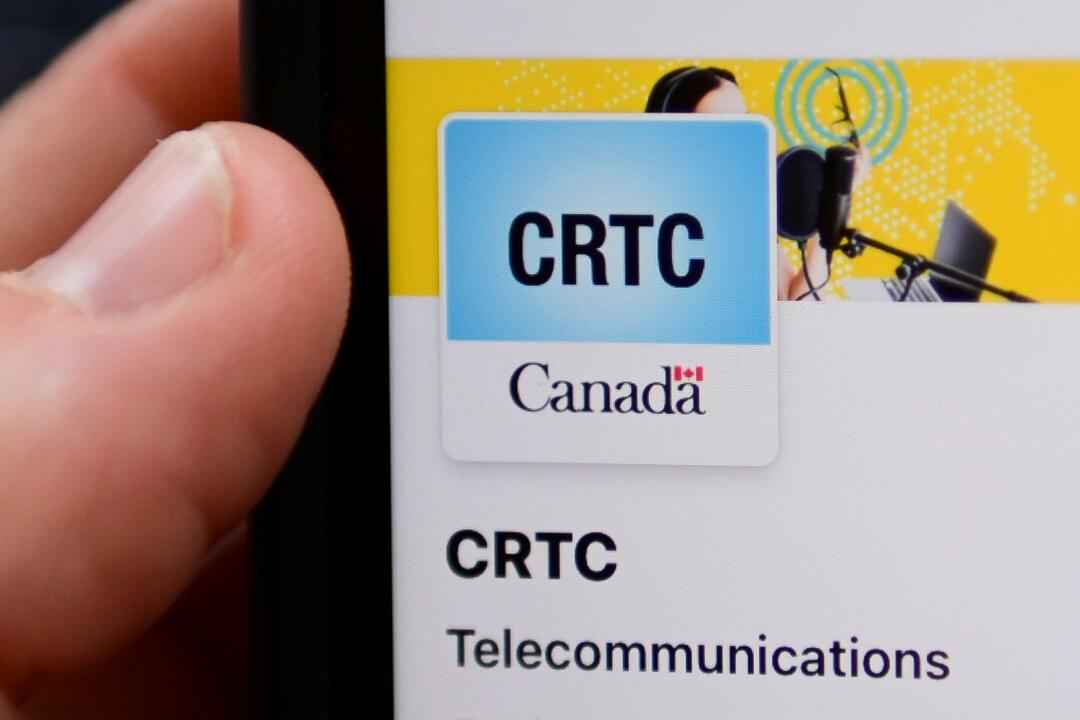Heritage Minister Pablo Rodriguez will soon issue a policy directive to the Canadian Radio-television and Telecommunications Commission (CRTC) informing its commissioners how to go about drafting regulations to implement the new legislative framework outlined in the federal government’s recently passed Bill C-11, also known as the Online Streaming Act.
IN-DEPTH: Who Are the 9 Cabinet-Appointed CRTC Commissioners Responsible for Implementing Bill C-11?

The social media page of the Canadian Radio-television and Telecommunications Commission (CRTC) on a cellphone in a file photo. The Canadian Press/Sean Kilpatrick




